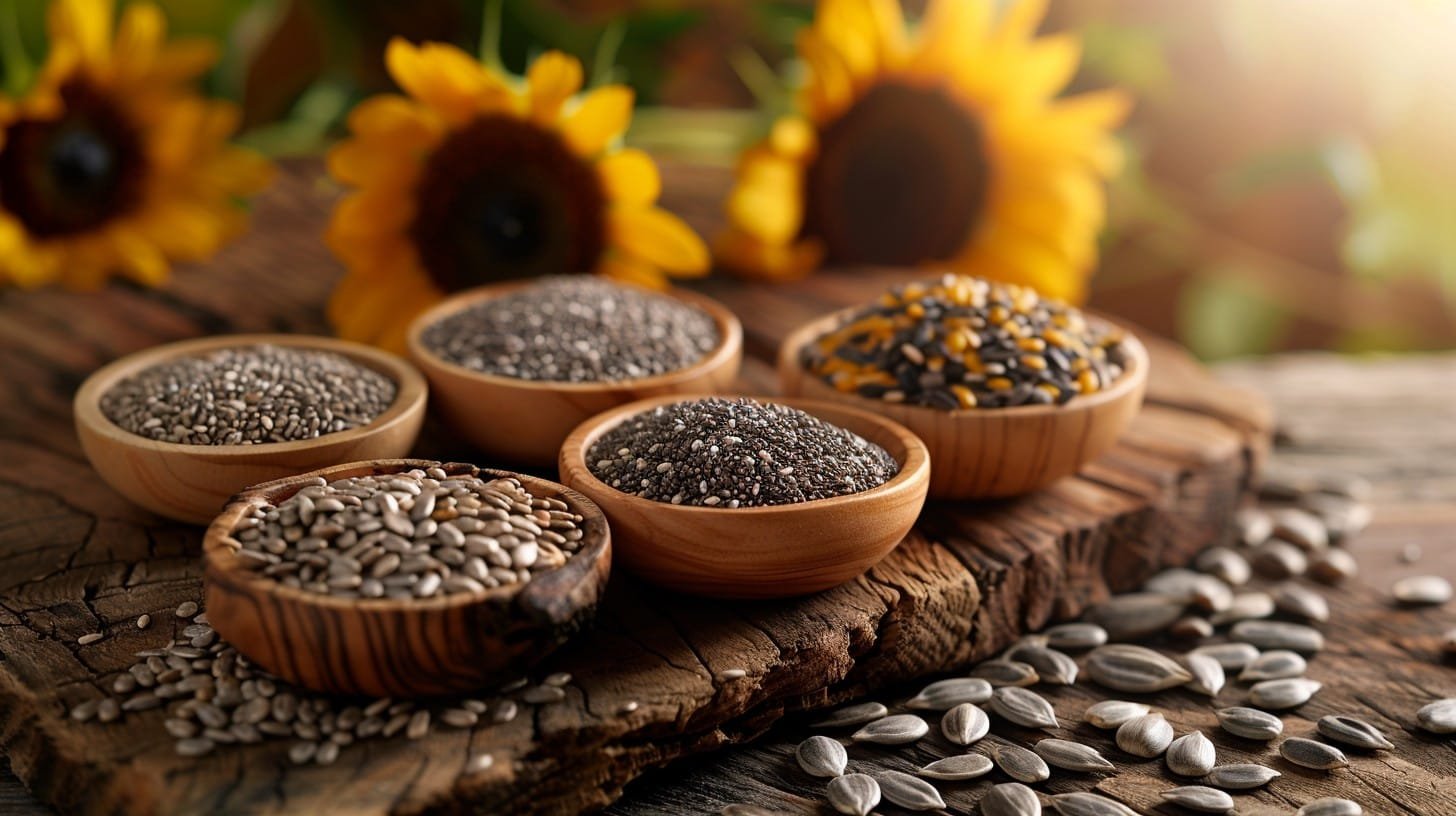
Vitamin E: A Comprehensive Guide
Vitamin E is a fat-soluble vitamin crucial for maintaining human health. Abundantly found in various foods like vegetable oils, fish, meat, eggs, and fruits, it plays an essential role in many bodily functions.
Functions of Vitamin E
- Antioxidant: Vitamin E acts as a powerful antioxidant, protecting the body from damage caused by harmful free radicals, which are linked to various diseases, including heart disease.
- Skin and Eye Health: This vitamin is vital for maintaining healthy skin and vision.
- Cellular Protection: Vitamin E helps protect cells from damage and supports overall cellular function.
- Immune System Booster: It contributes to supporting a healthy immune system.
Uses of Vitamin E
Beyond its role as a nutrient, vitamin E is used to treat vitamin E deficiency, which, although rare, can be caused by genetic disorders. Additionally, it is being explored for its potential in treating Alzheimer’s disease, menstrual cramps, and intracranial hemorrhage.
Structure and History
Vitamin E exists in eight different forms, categorized into tocopherols and tocotrienols. The first form is naturally occurring, while the second is synthetic. These forms differ based on the position of the methyl group.
Discovered in 1922 by Herbert Evans and Katherine Bishop, vitamin E was isolated in 1935. It took nearly fifty years for scientists to fully comprehend its importance.
Sources of Vitamin E

The primary source of vitamin E is our daily diet. Foods rich in this vitamin include vegetable oils (e.g., soybean, sunflower, almond), fruits (e.g., amla, avocado), and vegetables (e.g., pumpkin, spinach, beet).
Signs of Vitamin E Deficiency
Individuals unable to absorb fats properly may experience vitamin E deficiency. Genetic disorders can also lead to this deficiency. Symptoms include:
- Retinopathy
- Peripheral neuropathy
- Weakened immune system
- Ataxia
Caution Regarding Excessive Intake
While vitamin E is beneficial, excessive intake may lead to side effects such as:
- Increased risk of prostate cancer
- Diarrhea, nausea, vomiting, abdominal cramps
- Fatigue, blurred vision, headache, rash
- Increased creatinine levels
Conclusion
Vitamin E is a vital nutrient that plays a key role in maintaining overall health. While it is essential to include vitamin E-rich foods in your diet, consulting a healthcare professional before taking vitamin E supplements is highly advisable.








